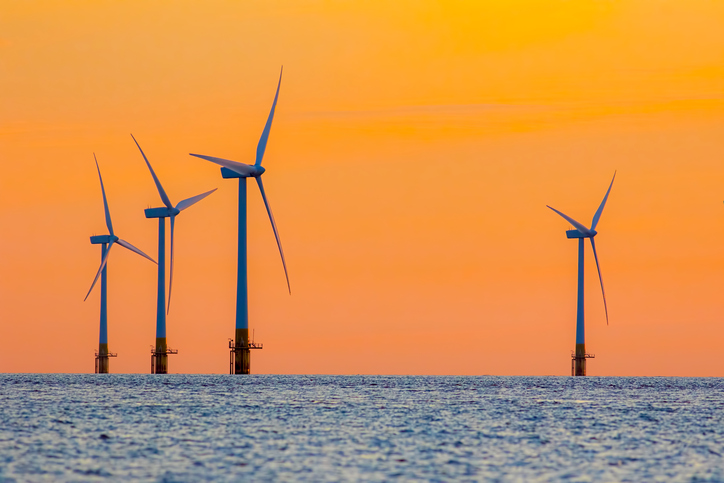The UK has continued to climb EY’s Renewable Energy Country Attractiveness Index (RECAI), jumping up one place to fifth in its updated rankings, published today..
This was a result of a number of factors, including continued commitments to large-scale offshore wind projects, EY pointing in particular to the 1GW Inch Cape project which will be fully merchant, therefore demonstratimng the attractive economics for these sorts of projects.
The consultancy firm also pointed to Scotland launching its first round of seabed auctions with 10GW of capacity for new offshore wind as well as the 350MW Cleve Hill solar project receiving planning permission, which it said represents a vote of confidence in solar from the UK government.
This was alongside the government’s commitment to invest £350 million to cut carbon emissions, including £140 million for industrial hydrogen, carbon capture and storage projects.
However, whilst these commitments were praised, Ben Warren, global power & utilities corporate finance leader and RECAI chief editor at EY, said that energy storage, decarbonisation of heat and transport and intelligent energy management and trading are areas that would “benefit from a more cohesive and strategic energy and environment plan”.
“Continued backing for the UK offshore wind industry, a world leader in its own right, is a good place to start, but this is just the tip of the iceberg. Support and commitment across the whole of the renewable energy mix is needed if the UK is to meet its low carbon targets.”
The UK has continued to move up the index, having hit its highest position in two years – seventh – in November 2019, and reaching sixth position in May 2020.
Meanwhile, the US has continued its hold onto the top spot as a result of COVID-19 stimulus packages and a pending commitment to re-join the Paris Climate Agreement following the latest election. China, too, remained in its spot of second, with EY stating the sector remains “buoyant”.





